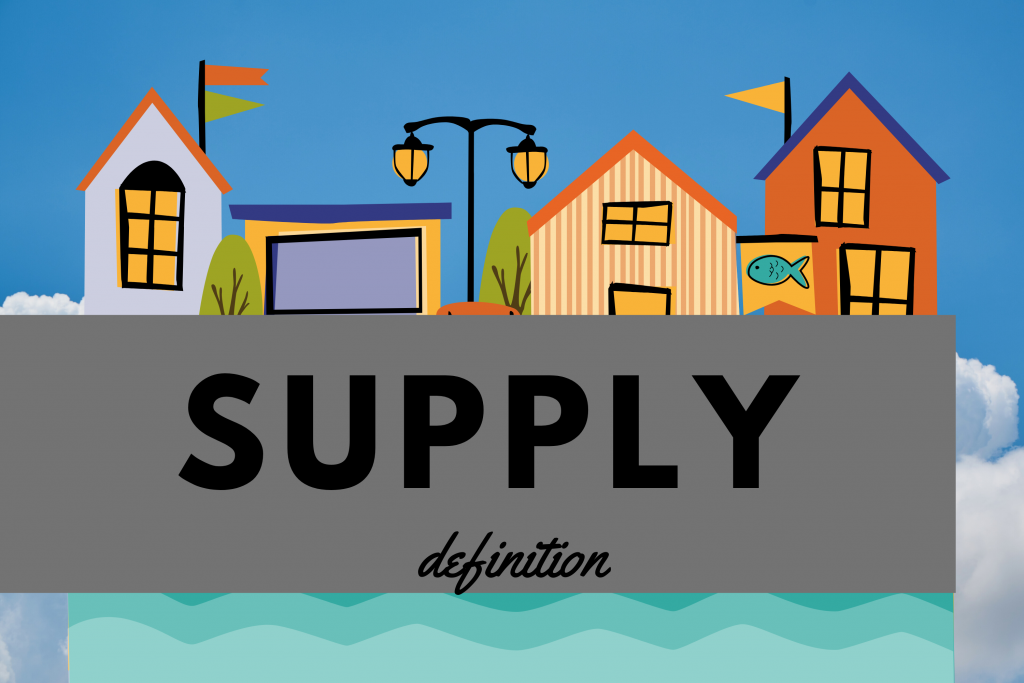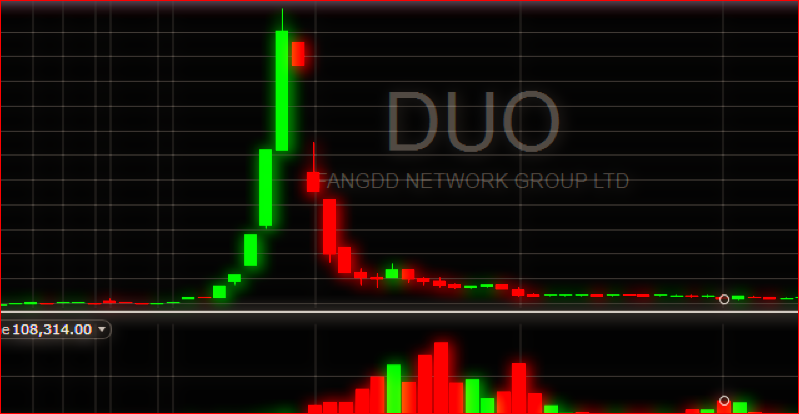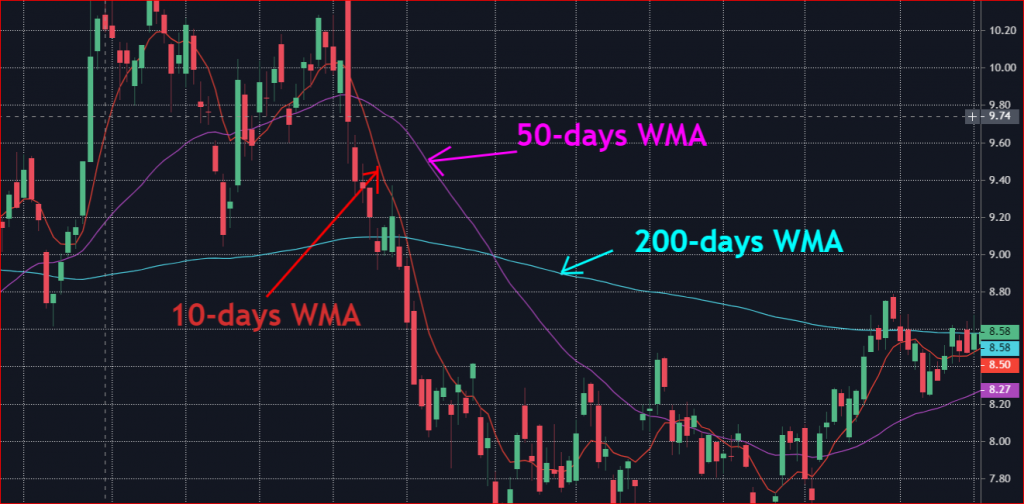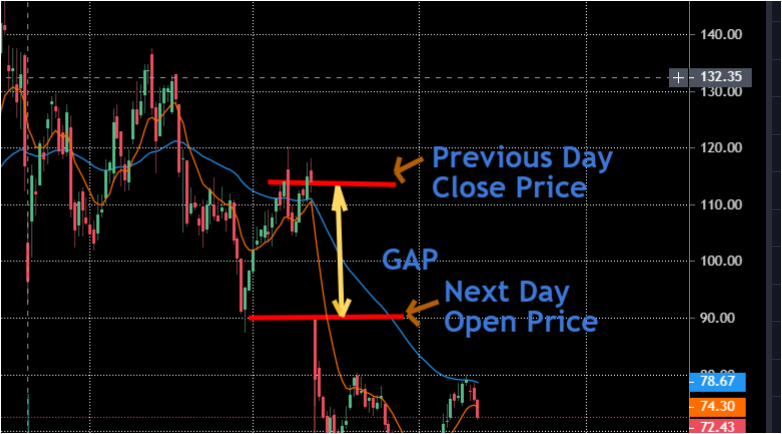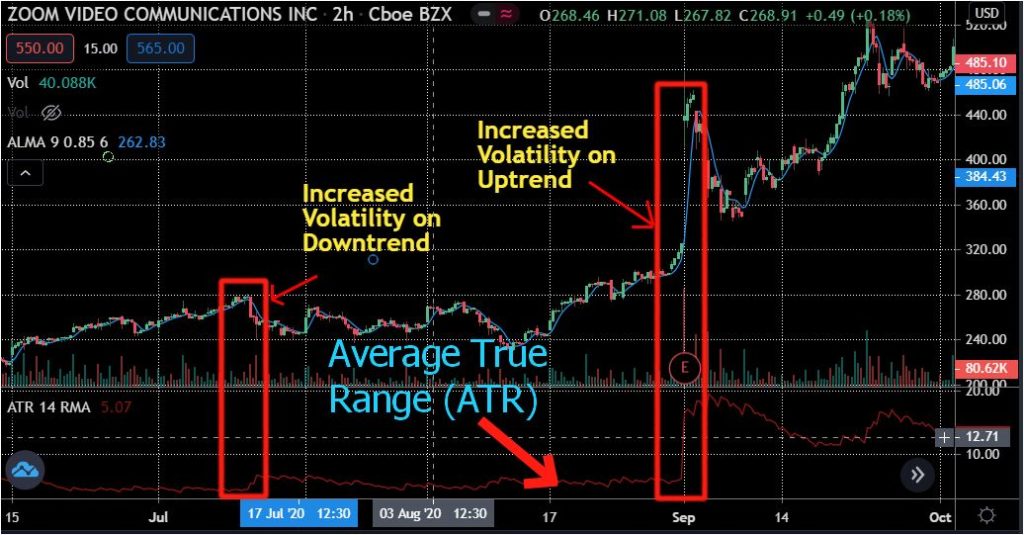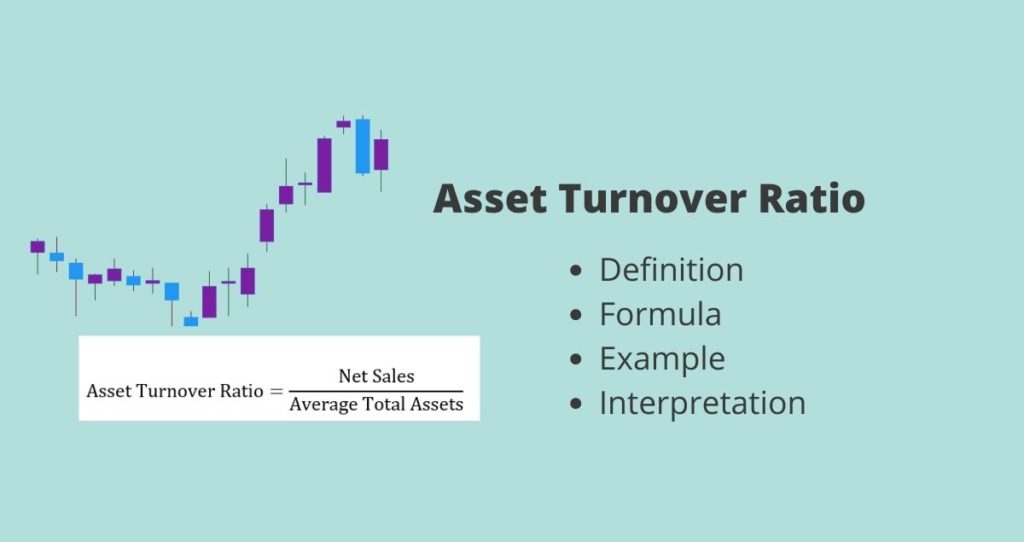What is supply?
Supply is the total amount of goods and services available for sale to consumers at a specific price and time. This term is related to the demand which represents the total amount of goods and services wanted at a specific price and time. These two terms can be drawn using the supply and demand curve.
How does supply work?
Supply is very important in economics. It helps to determine the prices of anything that can be sold like commodities, services, labor, etc. That is why as an investor, you need to understand the meaning of supply and how it affects the prices of goods and services.

The main factor that affects the supply is the price. If the price of goods and services goes up, companies will increase the supply in order to maximize their revenues. At the same time, demand will decrease because products and services will be more expensive. As a result, the price will decrease. The market will continue this adjustment until there is an equilibrium.
On the other hand, if the price of commodities goes down, companies will respond by reducing the supply. This reduction in the supply will increase the price because of high demand. As a result, the supply and demand will dictate the price until there is an equilibrium in the market.
Example of supply
Wheat is one of the most used crops in the world. However, the demand for wheat is limited. Sometimes farmers produce more wheat than the available demand. To reduce the surplus of wheat, farmers reduce the price. In other words, they sell wheat at a discount.
The decrease in wheat’s price attracts more buyers who jump into the market and buy more wheat.
The price of wheat will increase or decrease based on the available supply and demand until there is an equilibrium in the market of wheat.
Supply, demand, and investing
Before you invest in any commodity, you must understand how their supply and demand will affect their prices. Without this information, it would be difficult to know when to enter and exit the market.
